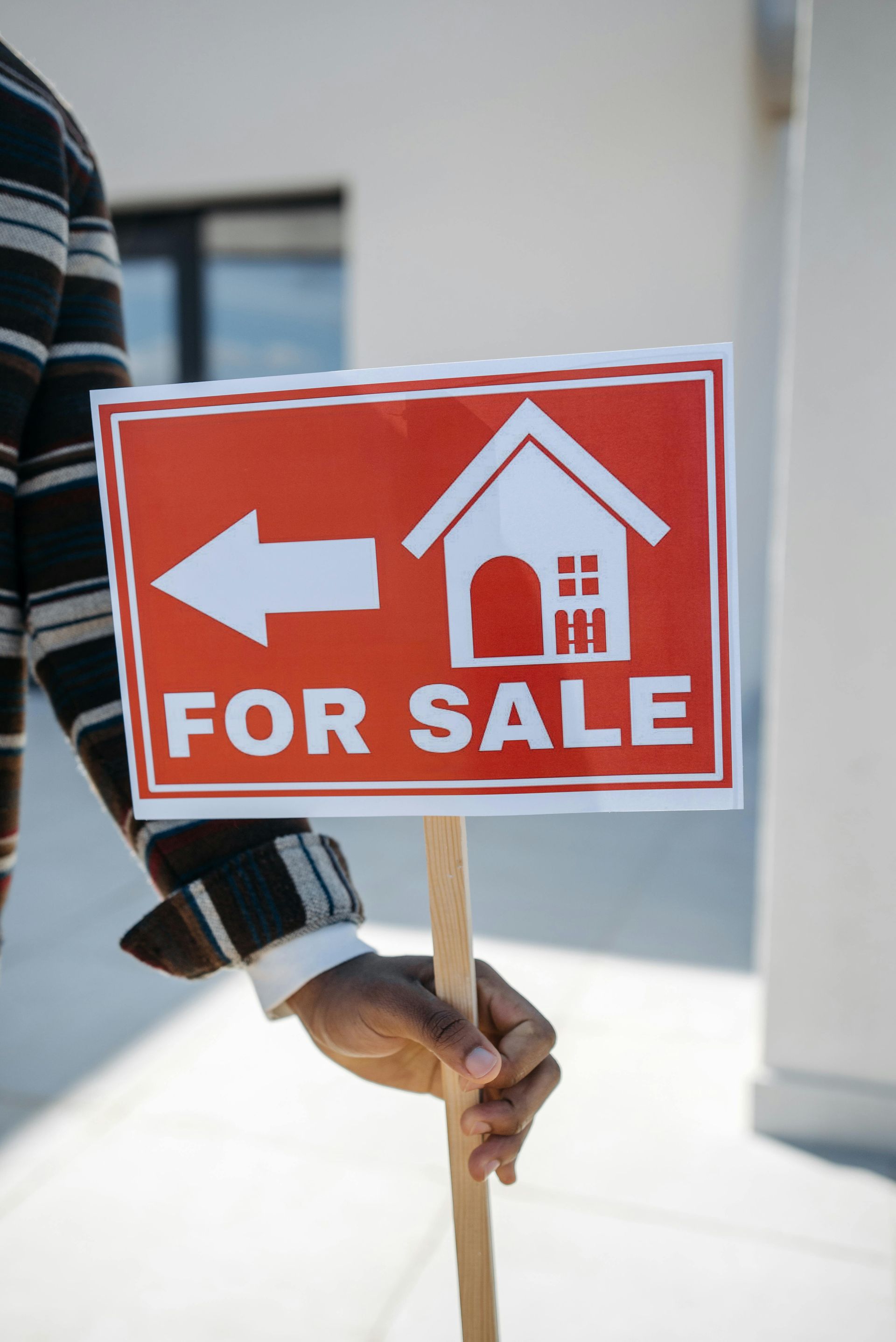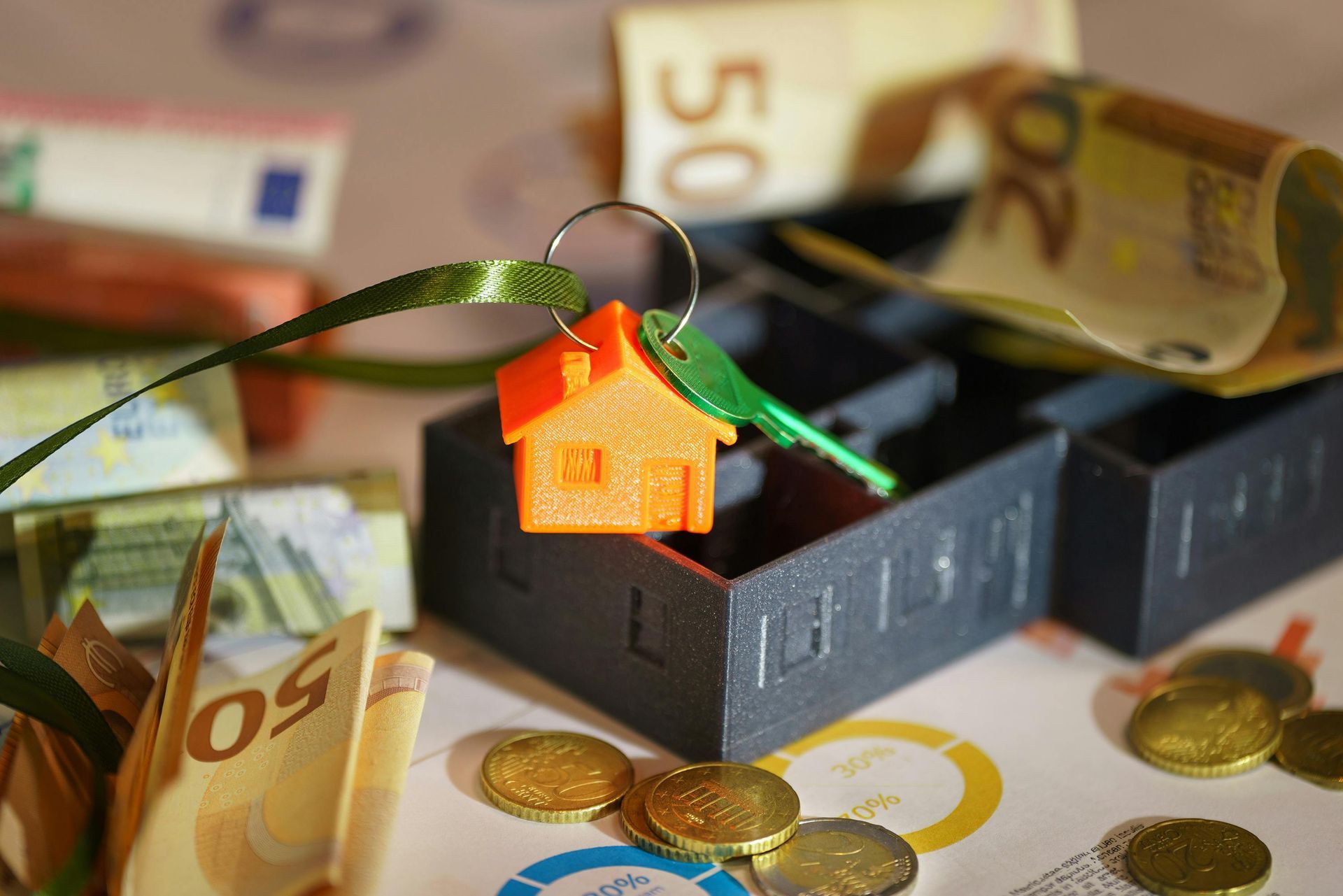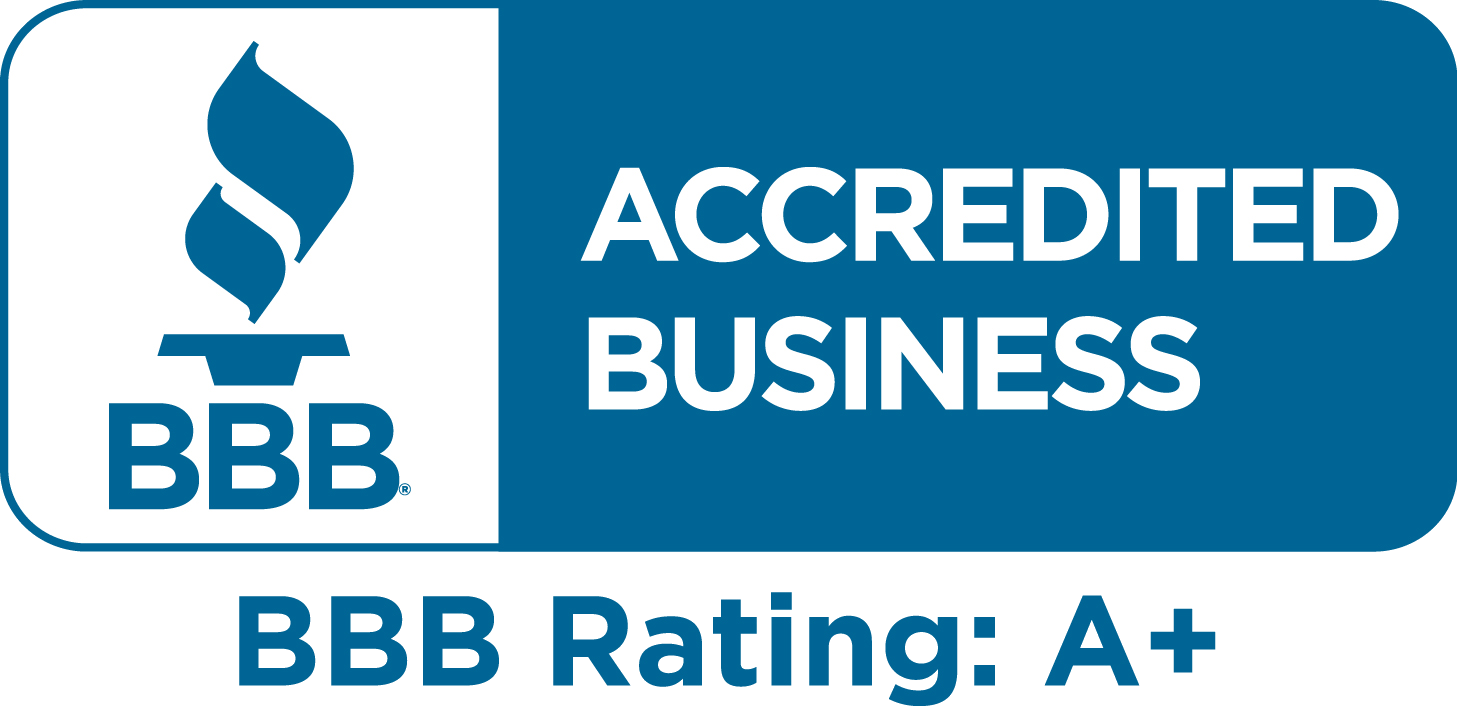Mortgage Rate Factors
Understanding Mortgage Rates and How to Get the Best One
Buying a home is exciting, but it’s important to think about how much it will cost. One of the biggest things that affects your monthly payment is your mortgage rate. Let’s talk about what determines your rate and what you can do to get the best deal!
What Decides Your Mortgage Rate?
- Your Credit Score
Your credit score is like a grade for how well you handle money. A high score shows lenders that you’re good at paying bills on time, so they may give you a lower rate. A low score can make your rate higher. - Loan-to-Value Ratio (LTV)
LTV compares how much you borrow to how much your home is worth. If you borrow less (like by making a bigger down payment), lenders see you as less risky, which can help you get a lower rate. - The Loan Program You Choose
Different types of loans, like FHA, VA, or conventional loans, have different rates. Some programs, like HomeReady or Home Possible, are made to help people with lower incomes and might have better rates. However, it’s important to remember that the rate isn’t the only thing that impacts your monthly payment. For example, FHA loans often require mortgage insurance premiums (MIP), which can make your monthly payment higher even if the rate is lower than a conventional loan. - How Long You Lock Your Rate
When you lock your rate, it stays the same for a certain amount of time. A longer lock period might cost a little more, but it gives you extra time to close on your home. - The Loan Amount
Big loans sometimes get better rates because lenders can still make money even with a smaller profit margin. Smaller loans might have higher rates. - Fees and Costs
Some lenders charge fees to process your loan. You might pay extra upfront to get a lower rate, or you could pay less upfront but have a higher rate. It’s important to think about how much you’ll pay in total. Additionally, some lenders offer options to "buy down" your rate. This means you pay more upfront in fees (called discount points) to get a lower interest rate. It’s worth calculating how long it will take to break even on this cost and if it fits your financial plans. - Temporary Rate Buydowns
Some lenders offer temporary buydown programs where your rate starts lower for the first year or two and then adjusts to the full rate. These can help reduce your payments initially, making it easier to afford your home while you settle in. - The Economy
Things like inflation and how much people are investing in mortgages also affect rates. Lenders try to predict these changes so they can set rates ahead of time.
Tips to Get the Best Rate
Here are some easy steps to help you qualify for a lower mortgage rate:
- Improve Your Credit Score
- Pay all your bills on time.
- Keep your credit card balances low.
- Don’t open new credit cards or loans before applying for a mortgage.
- Save for a Bigger Down Payment
The more money you can put down, the less you need to borrow. A bigger down payment can mean a lower rate. - Pay Down Your Debts
Lenders look at how much money you owe compared to how much you make. If you can lower your debt, it might help you get a better rate. - Limit New Liabilities
Don’t take on new debts, like a car loan or credit card, while preparing to buy a home. This can make lenders feel more confident in your ability to pay back the loan. - Shop Around
Don’t just go with the first lender you talk to. Compare rates from a few different lenders to make sure you’re getting the best deal. - Work with a Mortgage Broker
A broker can help you find lenders with competitive rates. They do the shopping for you and can offer advice based on your situation.
Why Work with a Mortgage Broker?
Mortgage brokers are experts who can help you find the best rate and loan program for your needs. Here’s how they make the process easier:
- More Choices: Brokers work with many lenders, so they can show you different rates and programs.
- Expert Advice: They know which loans might be a good fit for you and can explain your options.
- Save Time: Instead of calling lots of lenders yourself, a broker does the work for you.
- Help with Negotiation: Brokers can sometimes get lenders to offer better rates or lower fees.
Think About the Total Cost
When deciding on a mortgage rate, it’s not just about getting the lowest number. You should also think about how long you’ll stay in the home and how much you’ll pay over time. For example, if it takes more than two years to "break even" on the cost of a lower rate, it might not be worth it. Also, keep in mind that even if a government-backed loan like FHA offers a lower rate, additional fees like mortgage insurance can make your monthly payment higher than a conventional loan with a slightly higher rate.
Final Thoughts
Understanding mortgage rates can help you save money and feel more confident about buying a home. By improving your credit, managing your debts, and working with a mortgage broker, you’ll be in a great position to get the best rate possible. With these tips, you’re one step closer to owning your dream home!











